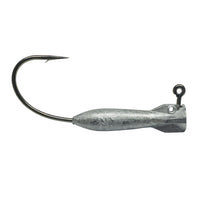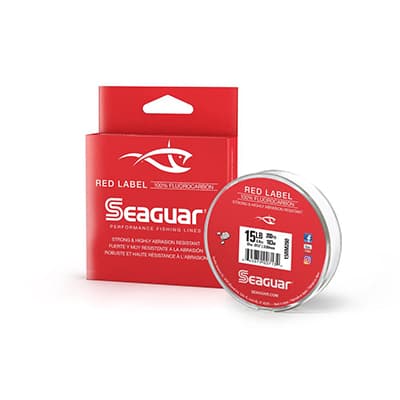Everything You Need to Know About Mid-Strolling - Cody Huff
Published: Updated:
Discover the essentials of mid-strolling with Cody Huff’s expert guide. Learn about his preferred setup, including rod, reel, line, and baits, to enhance your fishing technique. Cody shares valuable insights and tips to help you catch more fish using the hover strolling method. Explore the detailed setup and product recommendations to optimize your fishing experience.
All Featured Products

Sunline Overwatch Braided Line
$26.49
Jump to 0:36

Missile Baits Spunk Shad
$6.19
Jump to 1:31

Missile Baits Hover Missile
$4.09 – $5.99
$5.99Jump to 2:35
Introduction to Mid-Strolling
• Cody Huff introduces the mid-strolling technique, also known as jig head minnow fishing. He highlights its popularity and effectiveness in catching bass.
Setup Essentials
• Rod and Reel: Cody uses a 6.8 medium action rod.
• Line: He prefers Sunline Overwatch for the braid backing, typically 10 to 12-pound test. The line weight is adjusted based on fishing depth, ranging from 8 to 16 pounds.
• Leader Line: Cody uses Sunline V-Hard, usually 12-pound test, to ensure quick reeling and to avoid break-offs in dense bass schools.
Bait and Jig Head Setup
• Jig Heads: Cody uses VMC jig heads, with a 3/16 ounce for shallower water (15 feet or less) and adjusts the weight based on depth.
• Baits: He uses a 3.5-inch Spunk Shad, which provides significant action with minimal rod movement.
Importance of Jig Head Size
• Cody emphasizes selecting the appropriate jig head size to keep the bait in the fish’s strike zone, adjusting from light to heavy depending on the depth and fish behavior.
Hover Rig Setup
• For very shallow waters, Cody uses a missile hover rig with a Spunk Shad. He employs a toothpick to secure the bait, preventing it from sliding and enhancing durability.
Video Transcript
Hey everybody, I’m Cody Huff, and today I’m going to talk to you about the popular technique right now, mid-strolling. It’s also known as a jig head minnow. I’m going to give you my setup for doing it, something I love to do. I’ve caught a million bass doing it, but I keep things very simple. I use two different setups, but as far as my rod, reel, and line, I keep them all the same. I’m using a 6.8 medium action rod with Sunline Overwatch for my braid backing, usually 10 to 12-pound test. The lighter the braid, the faster the fall, so I adjust between 8 to 16-pound line depending on how deep I’m fishing.
For the leader line, I use Sunline V-Hard, usually 12-pound test. If you’re around a lot of bass or big schools, you want to get those fish in and back out quickly, so the heavier the line, the better, as long as the fish aren’t being picky.
For the bait setup, I use VMC jig heads. This one here is 3/16 ounce, typically for shallower water, usually 15 feet or less. I have a 3.5-inch Spunk Shad on here. It’s a nice straight tail bait with a lot of action when you move your rod tip.
One thing a lot of people don’t think about is how much jig head size matters. I’ll use anywhere from an 8-ounce to a 1-ounce jig head. When I’m fishing deep and need to get the bait in front of the fish, I’ll keep upsizing my jig head until I can get it in their strike zone. Conversely, when the fish are shallow, you need to keep your bait above them to trigger a bite, as they often use the surface to pin the bait.
In such shallow scenarios, I switch to a hover rig. This is a missile hover rig with a Spunk Shad. You might notice a toothpick going through the bait. This setup prevents the bait from sliding down after a bite, which can ruin your chances of catching fish.
So, keep it simple with a few different jig head sizes, from light to heavy. Put your time in, and you’ll catch more fish.

